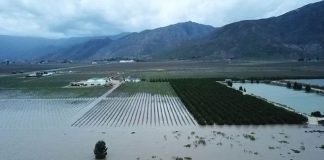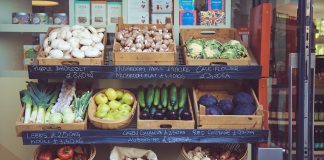According to a statement issued by AB InBev, the conditions relate to employment, competition in the supply chain, investment in agriculture, and enterprise development, as well as the long-term commitment to South Africa and black economic empowerment.
The conditions relating to agriculture include, among others, that AB InBev must agree to invest R610 million “to develop the capacity of 800 new emerging farmers, and further develop the capacity of 20 new commercial farmers”.
According to the Competition Tribunal, the development of new farmers and farmer capacity building needed to include at least 475 000t of barley for malting and create at least 2 600 new jobs in South Africa.
In addition, the merged entity would have to continue SAB South Africa’s “policy and practice of maximising local production of beer and cider and local sourcing of related inputs into such production”.
In terms of barley procurement, the ratio of local production and procurement would be set according to the highest procurement levels attained by SAB in any of the 2014, 2015 and 2016 seasons.
Furthermore, to strengthen the local technological and innovation base, the merged entity would be expected to invest in and utilise research, development and technology “developed by, in/ or for South Africa”, to improve the productivity of emerging and commercial farmers.
The Competition Tribunal’s decision represented the conclusion of the merger approval process in South Africa and it was confirmed that the company was on track to secure the necessary regulatory approvals that would allow it to close the transaction in the second half of 2016.
According to AB Inbev, the company had now obtained approval to operate in Asia-Pacific (Australia, India and South Korea), Africa (Botswana, Kenya, Namibia, South Africa, Swaziland, and Zambia), the EU, Albania, Turkey, and Ukraine, as well as Latin America (Chile, Colombia and Mexico).












